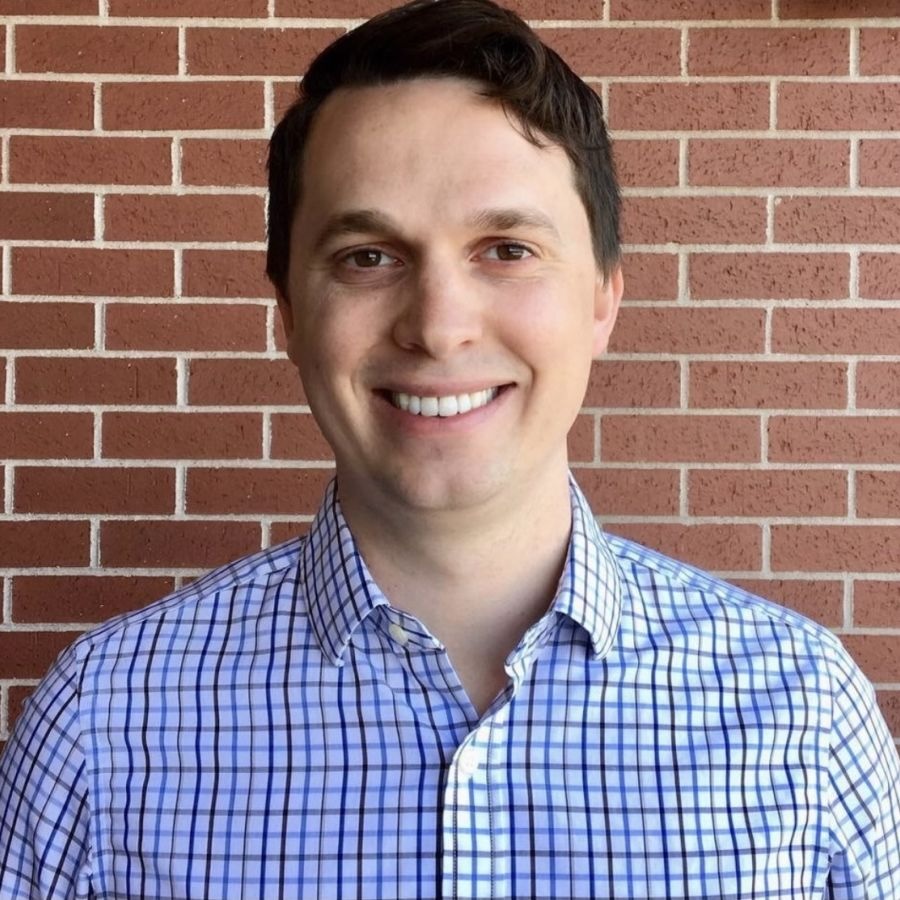Early care is crucial for youth mental health outcomes
As 2SLGBTQ+ identifying providers, we have met countless transgender youth struggling with their mental health. It is crucial to recognize that gender-diverse youth experience significant health disparities. Moreover, with a rise in discriminatory policies, there is an urgent need for supportive legislation and improved health-care practices to protect their well-being.
 Transgender youth face crucial barriers, including few accessible providers and lengthy wait times, which can be distressing as delayed treatment can lead to irreversible pubertal changes and worsen gender dysphoria. Up to a quarter of transgender patients reported getting hormones from unregulated sources or attempting surgical procedures on themselves, because of a lack of access to treatment.
Transgender youth face crucial barriers, including few accessible providers and lengthy wait times, which can be distressing as delayed treatment can lead to irreversible pubertal changes and worsen gender dysphoria. Up to a quarter of transgender patients reported getting hormones from unregulated sources or attempting surgical procedures on themselves, because of a lack of access to treatment.
There is a body of evidence to support that transgender health care is lifesaving. Notably, transgender youth unsurprisingly experience significant health disparities, including higher rates of suicidality, depression and anxiety.
Providing gender-affirming care is associated with 60 per cent lower risk of depression and 73 per cent lower risk of suicidality. In Canada, up to 50 per cent of transgender youth have unmet health needs.
Dr. Vincent So is an anesthesia resident and member of the sexual orientation, gender identity and expression advisory committee at the Children's Hospital of Eastern Ontario in Ottawa, Ont.
In a time of new discriminatory restrictions and political controversies in Canada, United States and worldwide, it is clear that transgender youth are vulnerable. Many organizations and hospitals have spoken up against restrictions to gender-affirming care.
The current sociopolitical climate can worsen equitable access to care. Structural stigma – including negative population attitudes and national legislation limiting access to transgender health – is shown to be correlated with the concealment of transgender identity to providers, ultimately leading to more unaddressed needs. We as providers suggest that legislation banning gender-affirming care will lead to worsening mental health.
"As a pediatric resident, I remember my first transgender patient. Their preferred name clashed with the medical record; a discrepancy attributed to 'EMR difficulties'. The chart revealed multiple suicide attempts, family conflict and difficulties accessing gender-affirming care.
Scars covered their arms. As they regained consciousness and told me what they needed, I thought, 'they shouldn't have to educate providers.' I feared for those who never made it to hospital.
Throughout the year, admission after admission, the unmet needs of this vulnerable population of transgender youth became clear. Amid policy shifts and rising transphobia, the weight on my chest grew heavier.
As a queer-identifying physician, I feared for youth struggling within our broken system." - Dr. Vincent So
 Politics aside, some medical trainees and practitioners are hesitant to provide gender-affirming care. Many are concerned about patients regretting their decisions – concerns not supported by research.
Politics aside, some medical trainees and practitioners are hesitant to provide gender-affirming care. Many are concerned about patients regretting their decisions – concerns not supported by research.
Other barriers include limited opportunities for training and underwhelming institutional support. A recent scoping review found transgender medical education is largely composed of "one-time attitude and awareness-based interventions" that don't provide competence to trainees.
Providers' ability to provide or facilitate gender-affirming care has medicolegal implications under human rights legislation in Canada. This includes requiring providers to refer to appropriate specialists should patient needs extend beyond their scope and ensuring sensitive and dignified communication.
Community organizations like LGBT YouthLine conducted a 2020 needs assessment survey that highlighted the need for increased mental health supports, meaningful involvement of 2SLGBTQ+ youth in decision-making, culturally competent care and improved access to services. The findings were summarized in recommendations in the #DoBetter Campaign.
Dr. Joshua Smalley is a child and adolescent psychiatry specialist and the medical director of inpatient mental health at the Children's Hospital of Eastern Ontario in Ottawa, Ont.
Transgender youth at the Yale Pediatric Gender Program were asked in focus groups what they wanted their providers to know. They responded that they wanted to feel like "doctors were on their team."
We can all do better by educating ourselves with available resources (Canadian Pediatric Society, Caring for Kids, Rainbow Health Ontario). We need to continue to support peer support services such as LGBT YouthLine, which can mitigate suicidal ideation and behavior in transgender populations.
Inadequate care for transgender youth is detrimental. We can do better by facilitating collaborative decision-making with particular attention to family dynamics, obstacles to accessing care, psychiatric issues and suicide risk. Moreover, healthcare decisions should be left between the patient and the provider, politics should not be allowed to interfere with bodily autonomy and accompanying expertise. Despite the complexity, caring for transgender people is lifesaving and needs to be a priority.